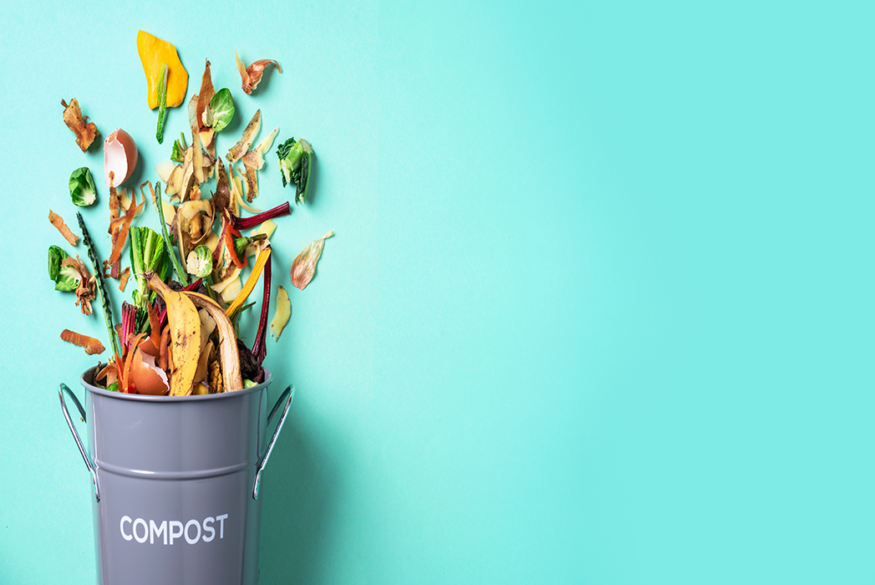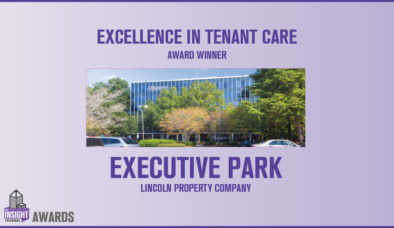Don’t Waste Good Waste: Composting for Commercial
Rooftop gardens and water– saving interior landscapes are already integrating green practices into the daily lives of tenants and staff. However, there is another green system that is becoming popular in commercial buildings: composting. Composting is the recycling of organic matter through decomposition. Compost can be used to decrease waste in a property and enrich soil in gardens and landscapes.
Here are a few tips on how to start a compost program in a property and why it may be the right next step.
Track your Waste
Before developing a composting program, it is important to know where most of the waste on a property is coming from and what path the waste takes. Perhaps there is a café on property that uses a lot of plastic cups and plates. Perhaps there is a tenant with a break room that produces food waste such as banana peels or coffee grounds. Conducting a waste audit is a key first step to knowing what waste is being produced and where.
ENERGY STAR, WasteWise and the Federal Green Challenge all have guides and materials for conducting a waste audit on your property.
Creating the System
Once you know where the waste is coming from and what it is, it is time to set up a system for the property that fits its needs. Composting is a process that takes time and knowledge so it is important to identify a reliable facility that will come and collect your compostable materials or dedicate time and space to an on-site composting bin. The needs and intentions of your compost will determine the best path.
Recycling, trash and compost bins will need to be placed in prominent places with guidance on what materials go in which bins. What can be composted? Here is a starter list: all organic materials (fruits, vegetables, eggshells, coffee grounds, etc), fats & oils, soiled pizza paper, cheese, pits and compostable paper products. What can be composted does depend on the composting facility, so it is important to ask first.
Getting People on Board
Commercial properties are responsible for a lot of waste. Whether it be a restaurant or an office building, the waste produced by a commercial property can be significant. However, if sorted correctly, that waste can be environmentally and sustainably beneficial. Incorporating composting into an existing recycling plan is a great next step in a property’s journey with sustainability.
Once the system is set up, education is the most important step. Make sure the visitors, staff and tenants in a property are aware of the new system and that all waste receptacles are well marked. Consider hosting a presentation or posting an FAQ sheet somewhere public. Installing new systems is about forming new habits, and the more people know, the better they will remember and make composting a part of their daily routine.
If a team chooses to work with a compost hauler, the compost facility will be well-equipped with materials to make the composting process easier and cleaner as well as informational tools to educate the participants.
Developing a new composting system can feel overwhelming, but there are little ways to start. Be more aware of the waste being produced by a property. Make sure recycling bins are already integrated into the system. Consider buying compostable plates and cups for any dining areas or break rooms.
If creating a sustainable property is a goal, composting is a great next step for making a property have a positive impact on the environment.
Resources and References:
EPA’s Guide for Commercial Buildings for Managing and Reducing Wastes
All About Waste’s “Why Commercial Properties Should Prioritize Composting”









